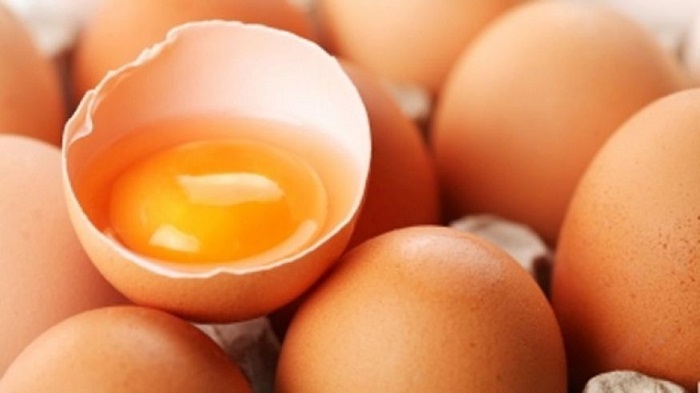Eggs are good for far more than just breakfast: So many recipes include eggs as an essential ingredient. Whether you’re breading and frying some chicken, topping a burger with a fried egg, or spreading homemade mayonnaise on a turkey club, eggs regularly feature in our meals.
As an egg-lover, you should know that there are multiple ways to achieve every egg-cooking method. For example, you can make hard-boiled eggs by baking, steaming, or even microwaving them, as well as obviously using the standard boiling technique. The best thing about most egg dishes is that if you mess up, you can transform whatever you`ve made into a plate of totally tasty scrambled eggs.
If you`re a baker you should note that recipes often call for an egg without specifying the size. Size doesn’t matter for most recipes, except when baking. Unless otherwise specified, you should always use large eggs in your recipes.
Make breakfast (or even breakfast for dinner) more delicious with these tips and tricks for perfectly cooking eggs. Don’t be afraid to experiment with your new egg-cooking skills, by stepping out of the box and changing up the standard omelette with a single-serving omelette cup. Practice these techniques and never eat another plate of dry scrambled eggs again.
Crack eggs on a flat surface, not the side of a bowl, to prevent eggshells from landing in your food. Also, crack eggs into a small bowl before adding them to whatever you’re making, so you can scoop out any rogue pieces of shell.
Don’t add eggs to a pot of boiling water; you’ll end up burning your fingers, cracking the egg, or both. Start with the eggs in cold water, and then bring the water to a boil. Turn off the heat and let the eggs sit for 10 minutes (about 5 minutes for a runny yolk) in the hot water. Overcooking eggs will result in a sulfurous smell. When cooked, plunge the eggs into an ice bath,with cold water running over the top of them, to completely stop the cooking process.
More about:
















































